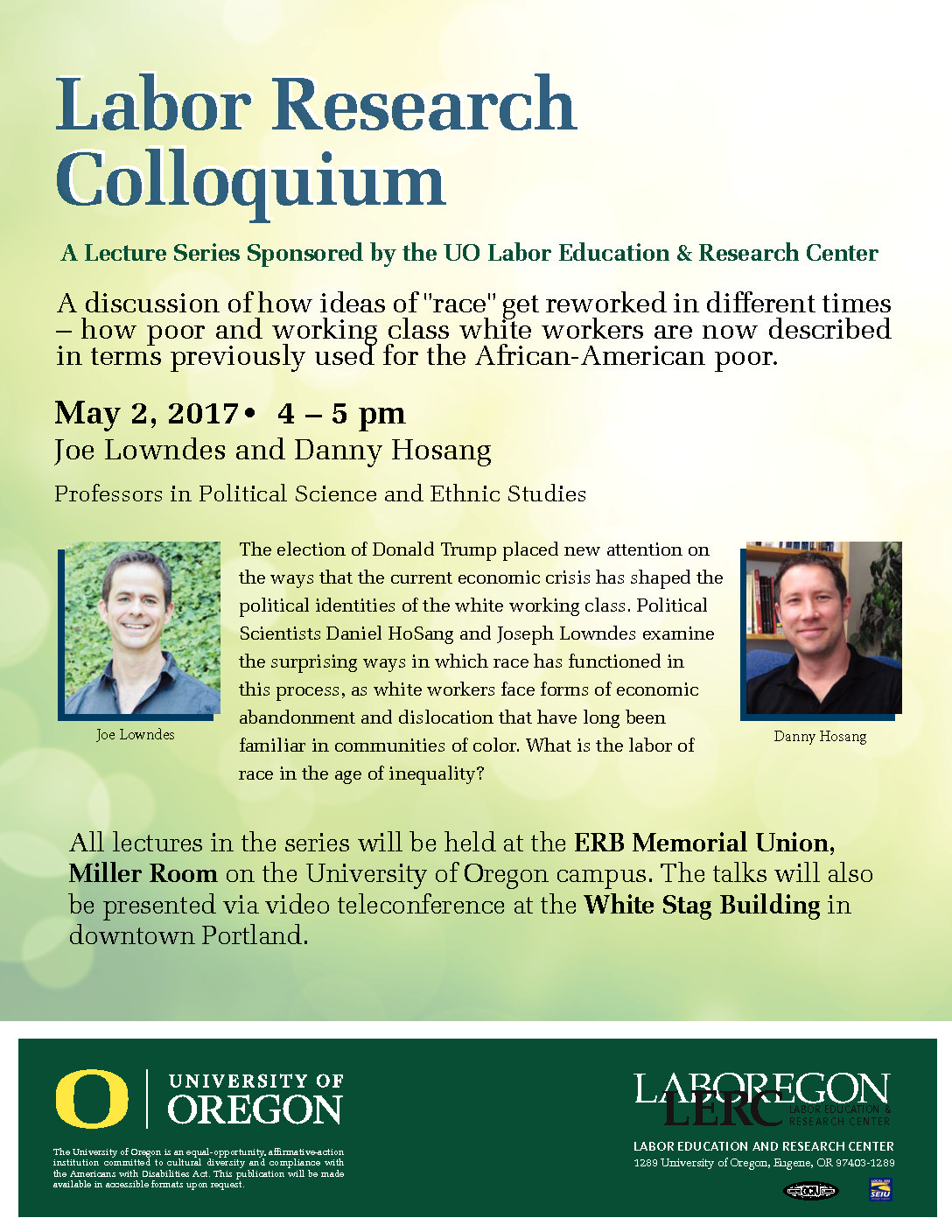Tentative Agreement for Contract Extension
[Update: This summer, we sent an email to members of United Academics regarding our intent to enter into negotiations with UO administration. Below is an overview of were we are currently in that process.] Late last week, we were able to reach a tentative agreement with the administration for a two-year extension to the Collective Bargaining Agreement. We will be holding a ratification vote later this month. The agreement will only be finalized upon approval of a majority of voting members. This email contains a short summary of the agreement, followed by a longer explanation and a link to the…








